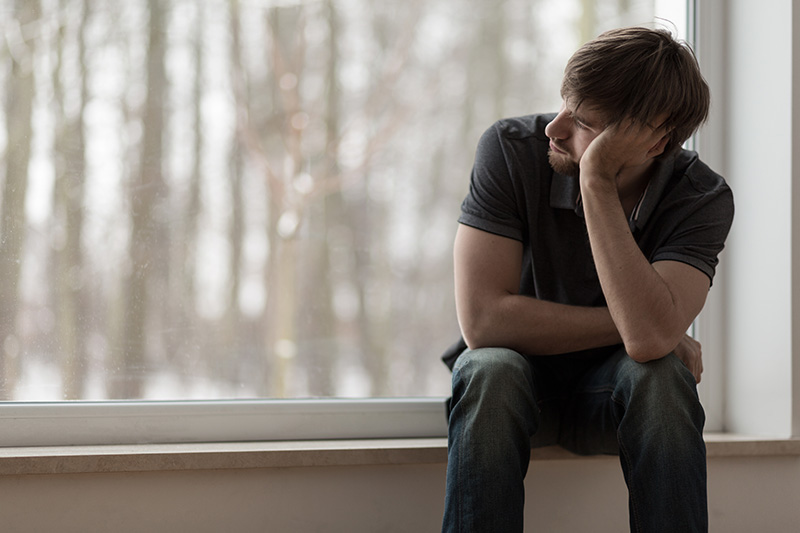As the pandemic continues and there’s still so much prolonged uncertainty about our futures, many of us will begin to experience stress and significant mental health concerns. There are millions of people who are already suffering from psychiatric and mental health conditions, even prior to the pandemic. Those pre-existing conditions do put those individuals at more risk of relapse and progression of their disease process due to increased stress and an unstable economic and bio-psychosocial spiritual environments. The mental health effects of this pandemic is clear. All you need to do is go to your local grocery store. Notice the faces of many of the customers. They are fearful of getting too close, not sure how to stand in line, seeing if you have disinfectant or toilet paper in your cart. It certainly is a challenge.
One of the most common results from a perceived traumatic event is Acute Stress Disorder (ASD). The Diagnostic Statistical Manual, Fifth Edition (DSM-V) describes acute stress as as the development of specific fear behaviors that last from 3 days to 1 month after a traumatic event. These symptoms always occur after the person has experienced or witnessed death or threat of death, serious injury or sexual assault. Some people who experience acute stress can convert into a post traumatic stress disorder (PTSD) diagnosis, which includes continued distress and anxiety. However, the COVID-19 pandemic is more than just an event, it is a shift away from what we have known to an unsure way of proceeding in our family, workplace, worship, romance and in our communities, in general. ASD and PTSD falls short of fully describing the mental health condition growing in the world today. It appears that we do not have a specific diagnosis yet to express the mental health consequences of such a collective, worldwide attack on our sense of security and well-being, but the sequelae is becoming more and more clear.
May I suggest that instead of seeking for a new DSM-V category to name the constellation of symptoms caused by the COVID-19 pandemic, we could participate in more solution-focused behaviors to decrease stress and increase steadiness, both inwardly and in our world. Most people will be able to develop new routines that serve both their needs of sustenance and bio-psychosocial and spiritual essentials. Some people will need professional assistance to get through much of the emotional distress during this period. In any case, some basic practices to assist us could be: mindfulness meditation and awareness of your breathe, movement and exercise, keeping in touch with loved ones and extend well wishing to others, even strangers. Taking this one day at a time!
The more we increase our sense of agency and less paint ourselves as a victim (e.g. “look at what the virus is doing to me!”) we will learn to cope with whatever becomes our new “normal” Avoid any addictive and destructive behaviors, while expressing more gratitude and love in your daily lives!
If you, or a loved one is having a problem with an addictive substance or behavior, please contact us today at www.providencetreatment.com.









